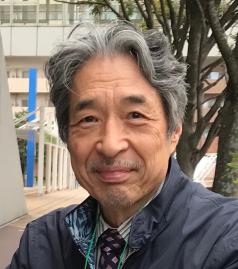
Professor Masayuki Horio has long been a leading researcher in both theoretical fundamentals and applications of Fluidization Engineering, which is one of the multidisciplinary sub areas of Chemical Engineering providing a key innovation principle, ‘fluidization’, in catalytic cracking, solid fuel combustion/gasification, catalytic process for chemical feed-stocks, gas phase polymerization, silicon production, waste incineration and/or drug design, having a strong relationship with fluid mechanics, particle/powder technology and reaction/reactor engineering.
He has quite wide R&D experiences with industries, municipalities and central governments on energy conversion technologies, renewable energies, waste managements, global warming mitigation technologies, organic/inorganic material productions, drug-designs and particle/fluid mechanical simulations. With such experiences and with his interests on science-technology-society studies from his early period, he has been, since 2000, further extending his field into policy science relevant to science and technology policy as well as energy/environment policy and ‘social engineering’ defining the global warming mitigation issue as a task to reform modern civilization.
After retirement from TUAT, he served as a Director of a Program “Community-based Actions for Anti-global Warming and Environment-friendly Society” of JST-RISTEX (FY2008-2014) to tackle socio-technical sustainability transition issues. There he ran 16 projects all over Japan.
He was/has been a member in many government committees including International FBC Collaboration Committee of NEDO, Central Environment Council (MOE), Council for Science and Technology (MEXT), and/or Council for Green Decentralization Reform (MIC).
He was the Editor in Chief of Journal of Chem. Eng. Japan for two years and Regional Editor of Powder Technology (Elsevier) for ten years.
